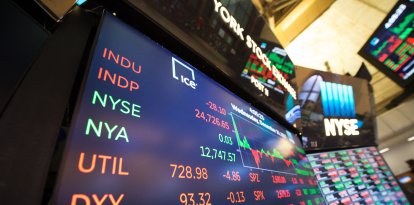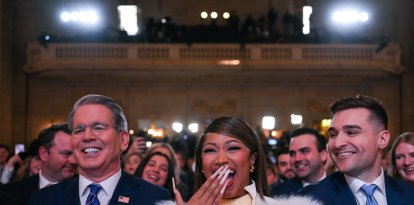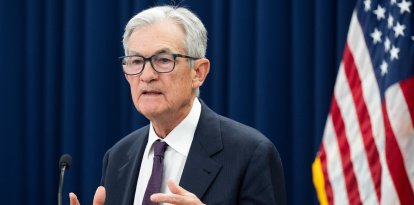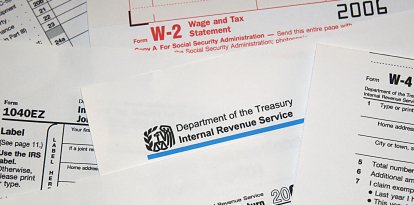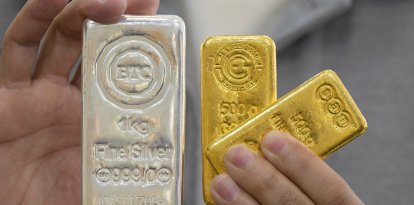The Brazilian real falls to historic lows against the U.S. dollar
The U.S. dollar is trading at 6.2 reals after the markets were rattled by the fiscal policies of Lula da Silva's government.

Brazilian President Lula da Silva
The value of the Brazilian real continues to plummet and reached a record low this week. Compared to the dollar, the Brazilian currency is worth as little as $0.16. The plunge is due to the fiscal uncertainty due to Lula da Silva's policies.
The U.S. dollar surpassed the 6 reals threshold at the end of November for the first time in history. This was after the Left-wing government announced a package of fiscal adjustment measures considered insufficient by the financial sector.
The adjustment program, which combines a review of salary ceilings and military pensions with tax cuts for middle-income citizens, deepened market distrust, instead of guaranteeing compliance with the fiscal framework, the rule that limits spending growth until 2026, when Lula's term in office will end.
The president refuted the criticisms: "No one in this country has more responsibility than fiscal than me," he said Sunday in an interview to Globo channel.
Brazil will have one of the highest VATs in the world
The Brazilian legislature gave the green light to increases in these taxes that could reach up to 28.6% of the unit value of the product or service marketed.
The Brazilian measure exceeds that of other countries, such as Denmark or Hungary, which also have very high tax values in this regard.
The incorporation of this VAT increase will be progressive and is scheduled to be total as of 2033.
"The only thing wrong in this country is an interest rateabove 12%," Lula added, also pointing to "totally controlled inflation."
The dollar's new rally comes a week after the Central Bank raised its benchmark interest rate by one percentage point, to 12.25%, one of the highest in the world, amid fears of a possible acceleration of the inflationary pace.
In November, Brazil's 12-month inflation reached 4.87%, above the official tolerance rate of 4.50%.
The monthly indicator stood at 0.39%, below the October rate (0.56%), as reported by the statistics institute IBGE, above analysts' estimates.
The Central Bank anticipates rate adjustments in the same magnitude of one point in the next two meetings, at the beginning of 2025, if prices continue to rise.












